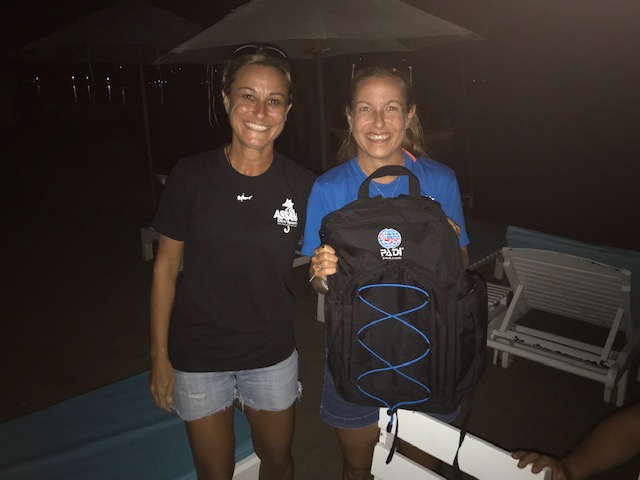Assava Dive Resort adapting to the new “Normal”.
Now we are slowly opening for business at Assava Dive Resort and you may be wondering how we are adapting to the new “normal” here on Koh Tao. What measures are in place to protect our guests and staff during the pandemic? And how can we adapt boats, classrooms, resort rooms and public places to meet safety recommendations? Koh Tao is Covid free with no reported cases, so we want to keep it that way.
Assava Dive Resort covers a vast area which stretches from the white sandy beaches to our mangrove nursery behind the resort. It is easy to spread out and social distance. Our Cove Restaurant and Bar is all open air and spacious too, so you can enjoy being together, separately.
Other than space, we have taken advice not only from PADI, but also other leading agencies, experts in this field, such as DAN (The Diver’s Alert Network), The World Health Organization, and following local Thai laws, as to what we should be doing to protect you during your stay.
Regarding general movement around the resort, hotel, restaurant, and reception, all areas have been cleaned and sterilized with social distancing measures in place. Staff and guests wear masks and will have their temperature taken on arrival. At every corner you will find hand sanitizer for your personal use, and our Cove Restaurant sells hand sanitizer gels and face masks for your personal safety when moving around the Island. Door handles, desk tops, restaurant tables and chairs, payment areas etc. are all disinfected throughout the day.

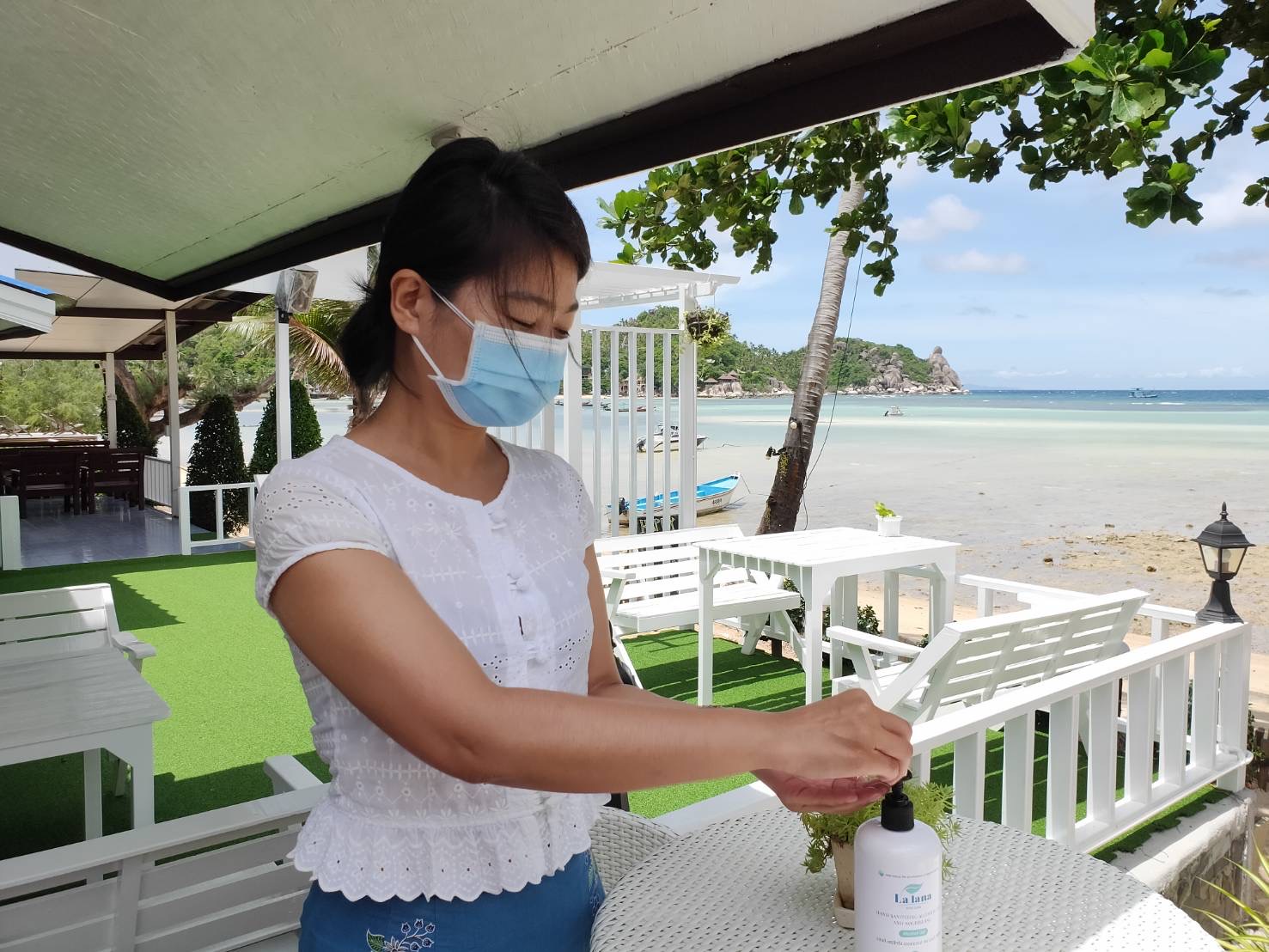
With regards to our diving activities, we have added a few more measures on top of our already strict disinfecting regime. Firstly, all divers have their own personal mouthpiece on their regulator. This is removed after every day’s diving for you to take away, and the regulator is disinfected according to guidelines. The equipment rinse tanks are changed more often with extra added disinfectant to sterilize your dive gear. It is then thoroughly rinsed and hung with space in between to dry in our large drying area.
Classes are held in open air classrooms, some of which are next to the beautiful white sandy beach. Reduced ratio classes make social distancing easier, plus give divers the added benefit of more personal tuition. At the moment we are teaching at a ratio of 2 divers to 1 Instructor. This allows everyone, including the Instructor, more time to enjoy courses.

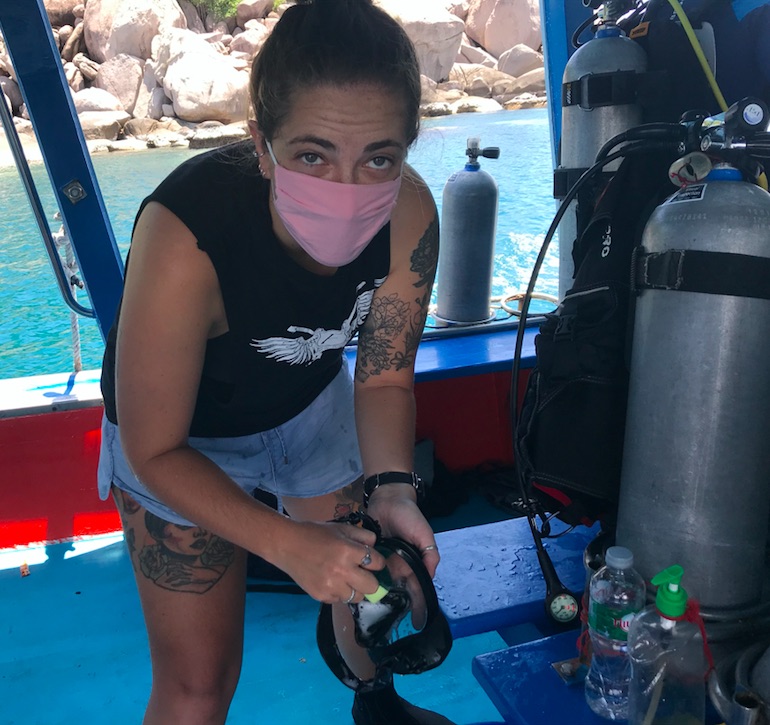
The Assava Dive Boat has a top and bottom deck providing plenty of room onboard to relax while staying a couple of metres away from each other. During surface intervals we wear face masks and have hand sanitizer on board. Instead of using spit to defog masks, we supply on eco friendly soap for all divers to use.
PADI have issued this “8 simple rules….” poster which we have posted on our boats and around the dive centre for our divers’ information. There are some useful tips for divers to stay safe while enjoying our beautiful coral reefs around Koh Tao.
There is no need to social distance underwater. We always dive close to our buddy and dive instructor for safety and enjoyment. However, once positively buoyant on the surface, it’s masks on and regs in until we are on the boat, then swapping to our other masks on the boat.
Many PADI diving courses involve skills which make social distancing difficult. PADI have issued new guidelines to help adapt skills during this time to avoid close contact with fellow students. Assava Dive Resort has implemented these adaptations whilst managing to follow all course standards.
When you are ready and able to return to Koh Tao, either for diving or simply to relax in paradise, rest assured that your health and well being are our priority. We look forward to welcoming you back soon!
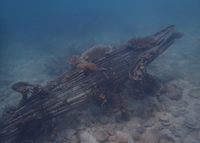

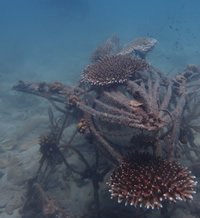


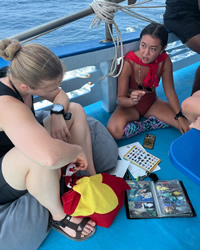 The PADI Fish Identification Specialty is available to PADI Open Water Certified divers who are looking to gain more knowledge on marine life that is seen while diving. Fish Identification students will learn how to identify characteristics of fish, gain knowledge on survey techniques, and familiarize themselves with PADI Aware and how to protect marine life.
The PADI Fish Identification Specialty is available to PADI Open Water Certified divers who are looking to gain more knowledge on marine life that is seen while diving. Fish Identification students will learn how to identify characteristics of fish, gain knowledge on survey techniques, and familiarize themselves with PADI Aware and how to protect marine life.

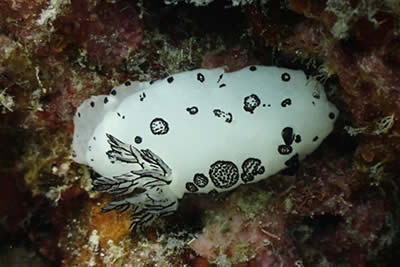
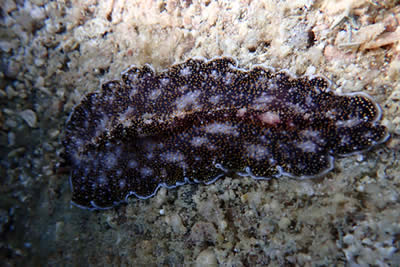
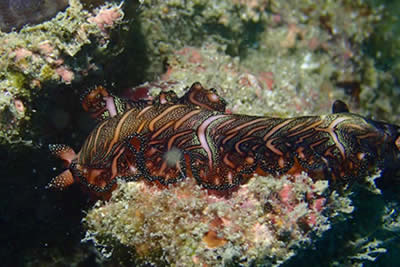
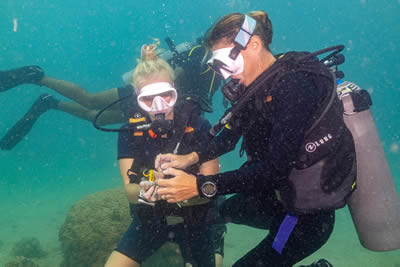 The day began in the classroom where instructors taught the theory behind coral transplantation and briefed divers on the techniques we would use. Our dive began with a short buoyancy workshop followed by a point-out, where instructors helped identify recent recruits (growing baby coral!). We then identified and collected viable coral fragments that would be transplanted using the various techniques learned. Some fragments, particularly of branching corals like Staghorn, are fixed to underwater structures using zip ties. Other fragments, such as those from massive corals, are fixed to hard concrete blocks using epoxy. We also practiced techniques for mixing epoxy underwater using air-filled buckets and lot of concentration.
The day began in the classroom where instructors taught the theory behind coral transplantation and briefed divers on the techniques we would use. Our dive began with a short buoyancy workshop followed by a point-out, where instructors helped identify recent recruits (growing baby coral!). We then identified and collected viable coral fragments that would be transplanted using the various techniques learned. Some fragments, particularly of branching corals like Staghorn, are fixed to underwater structures using zip ties. Other fragments, such as those from massive corals, are fixed to hard concrete blocks using epoxy. We also practiced techniques for mixing epoxy underwater using air-filled buckets and lot of concentration.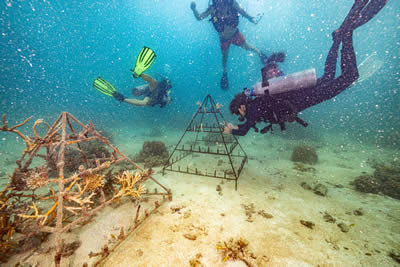
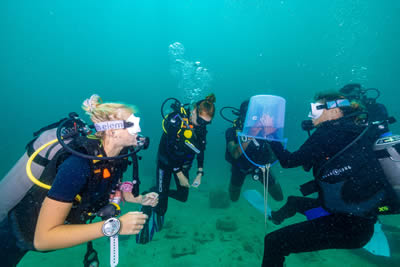
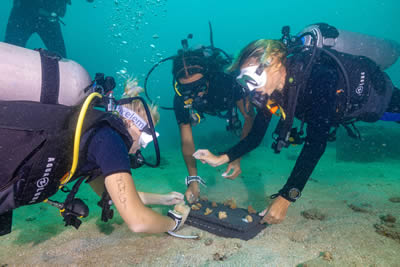





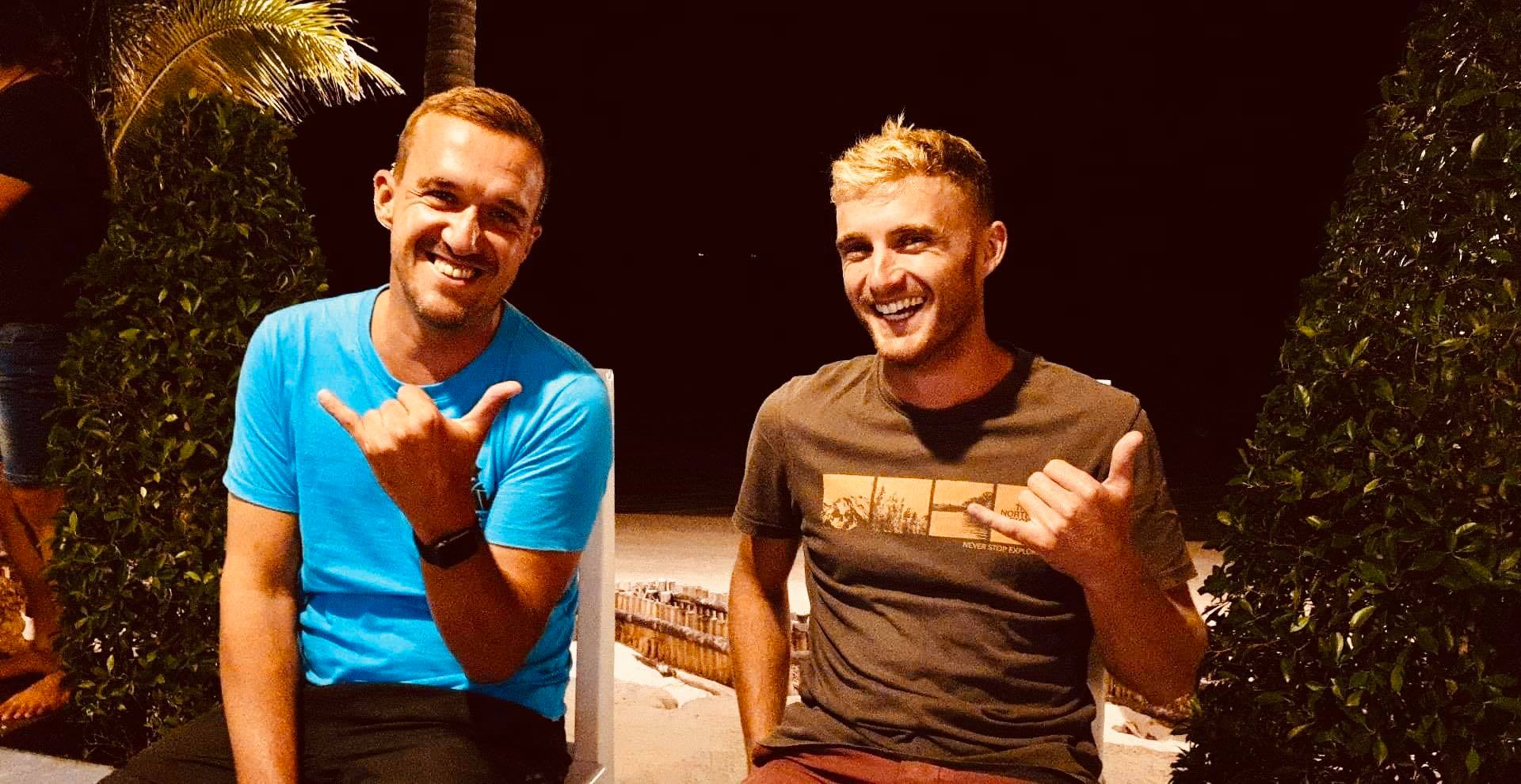
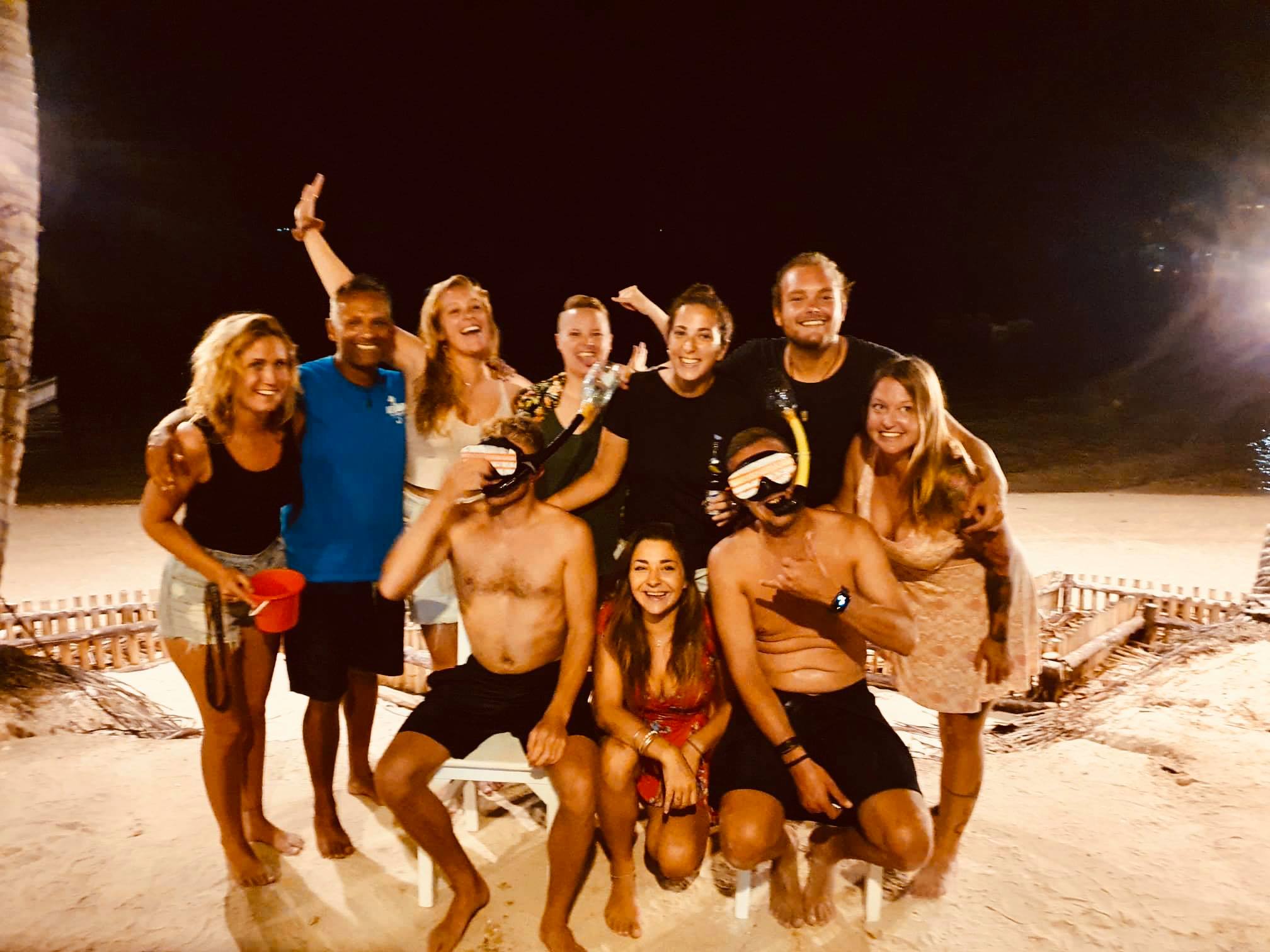
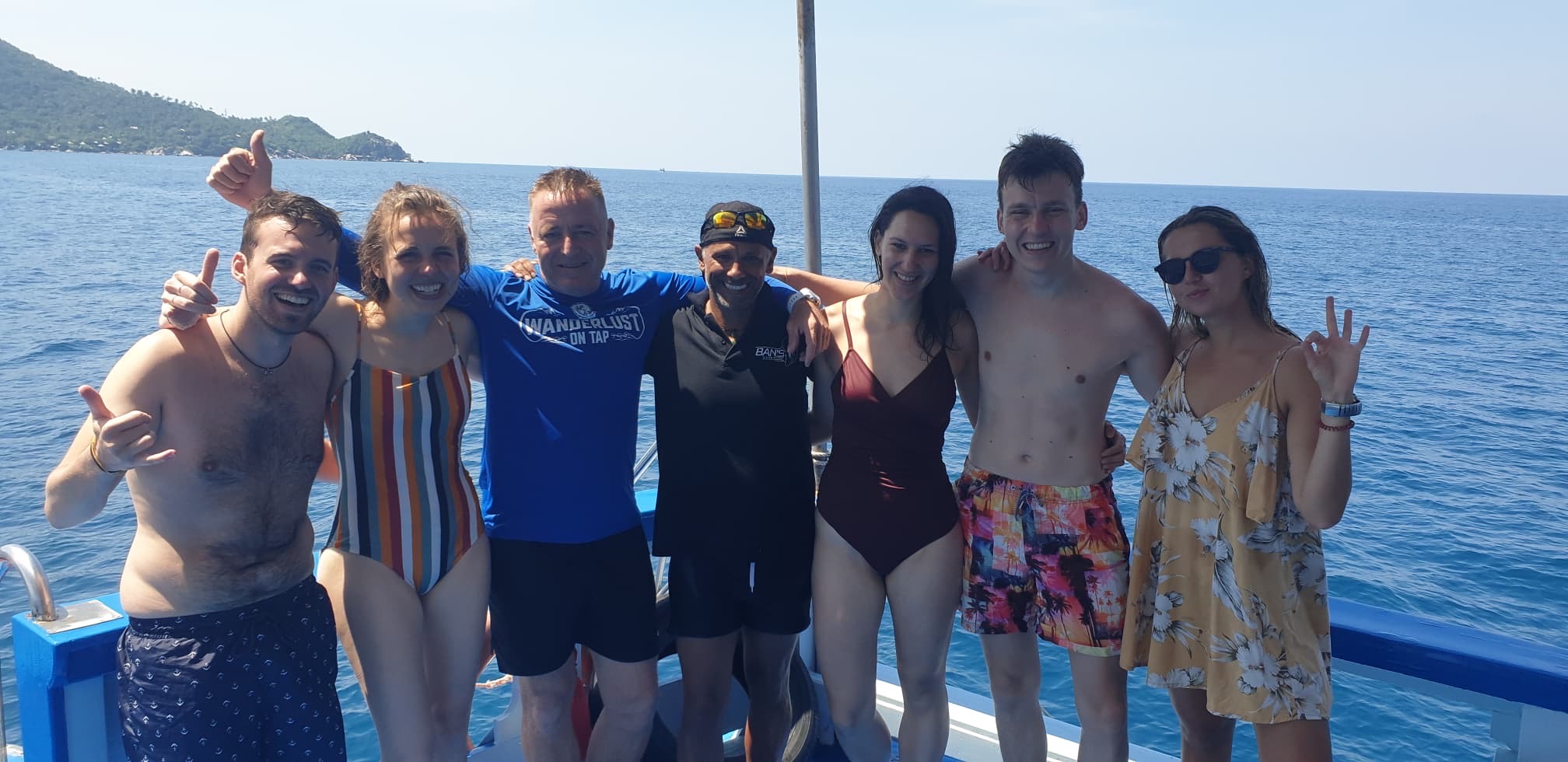
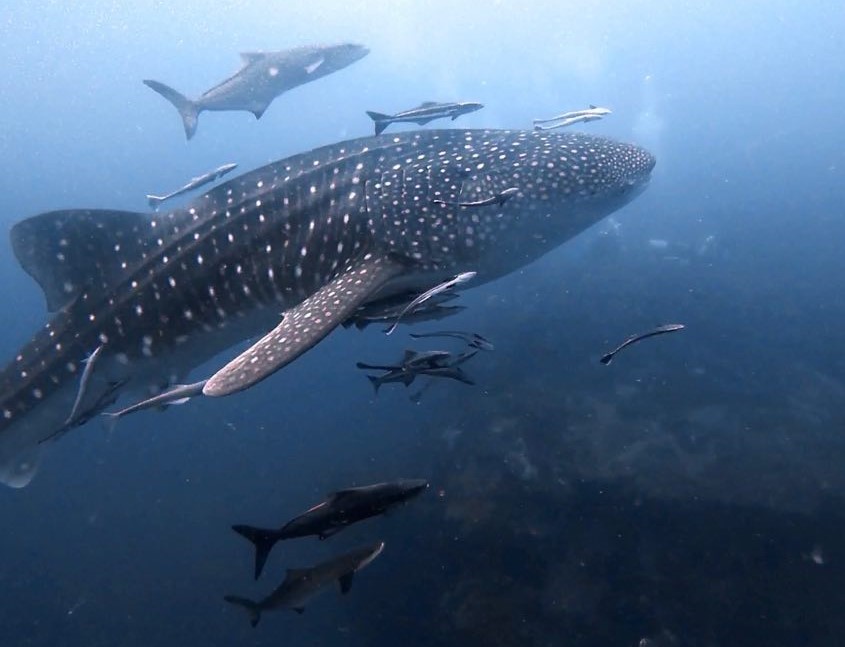

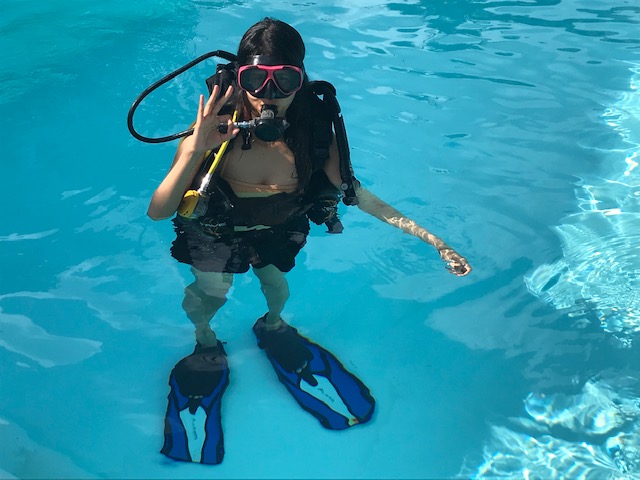

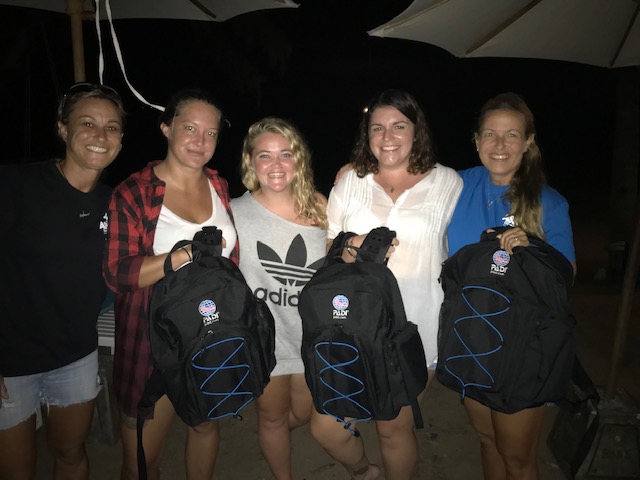
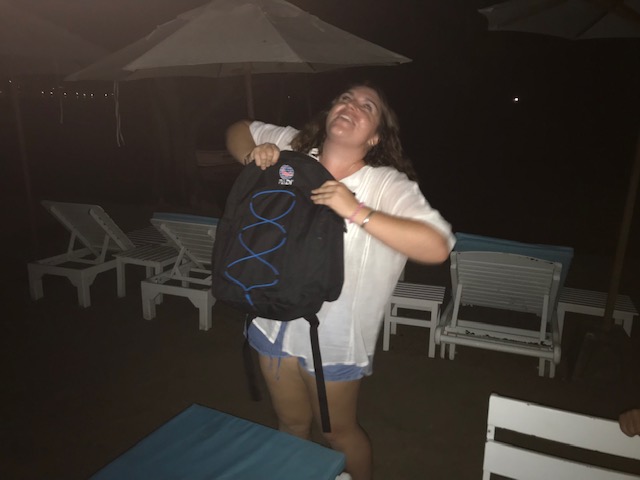 During my DMT I had the pleasure of meeting some inspirational people and making some incredible friends. As I was working full time, Platinum Course Directors Natalie Hunt and Minni Vansgaard, helped to design a programme of study that kept me on track but accommodated my teaching job at Koh Tao International Primary. This meant that the majority of my diving was done on weekends, with meetings and theory during weekday evenings.
During my DMT I had the pleasure of meeting some inspirational people and making some incredible friends. As I was working full time, Platinum Course Directors Natalie Hunt and Minni Vansgaard, helped to design a programme of study that kept me on track but accommodated my teaching job at Koh Tao International Primary. This meant that the majority of my diving was done on weekends, with meetings and theory during weekday evenings.
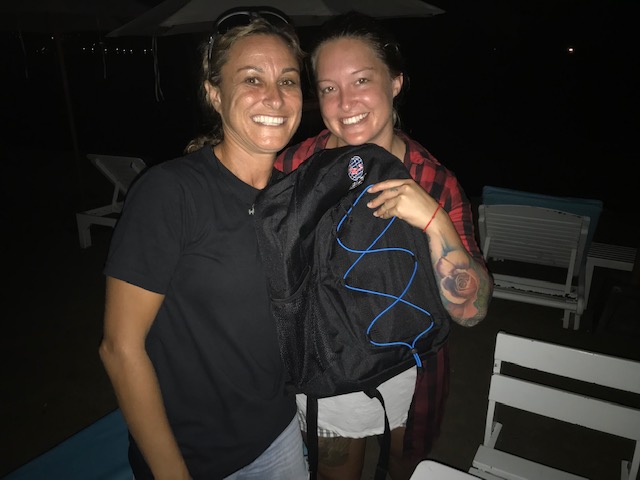 I was able to work with Connor Yamamoto, Kelley Houghton and Leigh White to achieve my MSD rating and help Assava Dive Resort win the worldwide MSD challenge!
I was able to work with Connor Yamamoto, Kelley Houghton and Leigh White to achieve my MSD rating and help Assava Dive Resort win the worldwide MSD challenge!